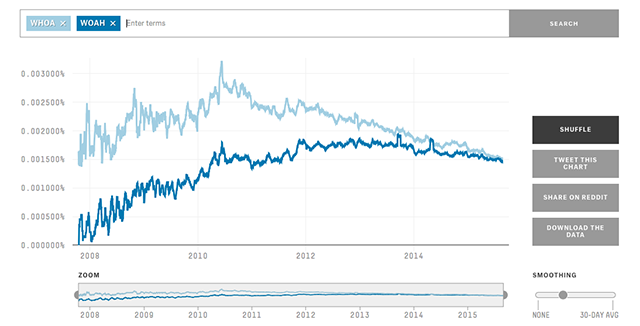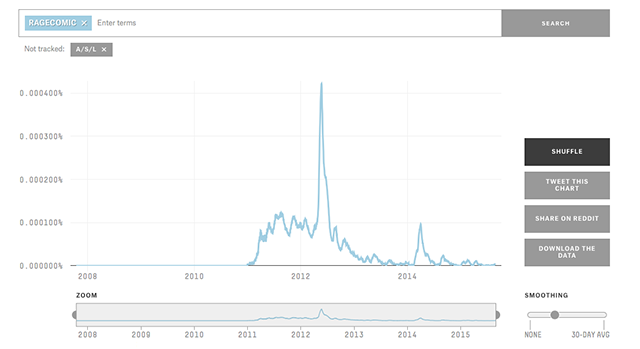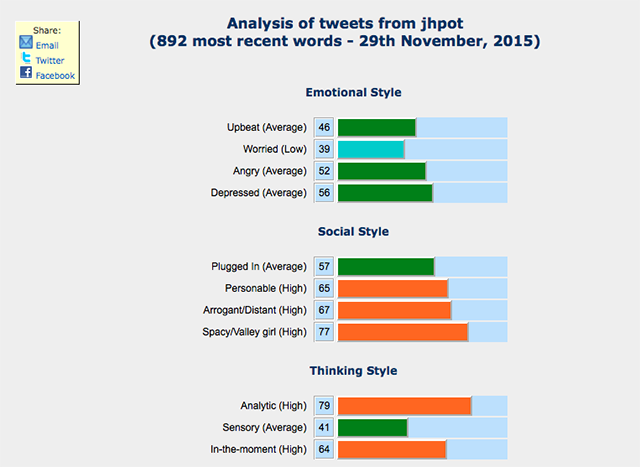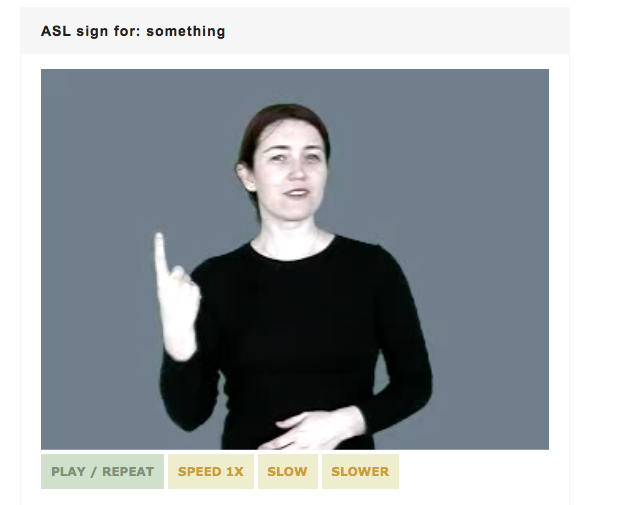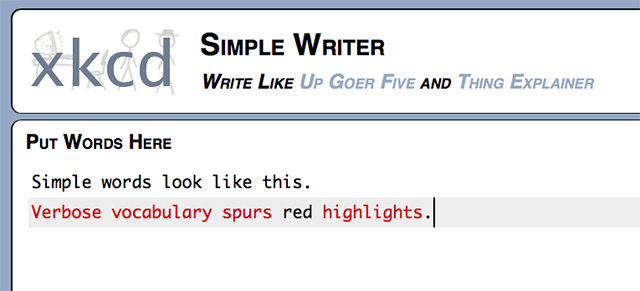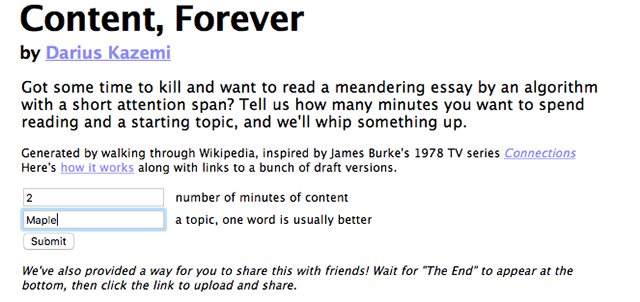The English language is constantly changing, and the Internet is no small part of that. If you've ever wondered why that is, and what the changes look like, here are five sites worth exploring.
From the changing way that Reddit users are speaking to what your tweets mean to the robots that might someday replace human writers, these sites all give you another way to think about language. Let's get started.
How The Internet Talks: See How Reddit's Speech Is Evolving
Do you ever wonder how language is changing? Which words are becoming more, and less, common? Randy Olson and Ritchie King of statistics blog FiveThirtyEight archived around 1.7 billion Reddit comments so you can find out. You can discover all sorts of things by searching for words and seeing how often they're used in Reddit conversations. For example: "whoa" used to be more common than "woah", but the two words are now at parity:
Why? I can't begin to answer, because to me "whoa" is clearly superior. I guess I'm just an old-timer. Get off my lawn.
Wait, what just happened? Went into a trance. Anyway: there's all sorts of trendy online slang you need to know online, but what's in now might change later. This site can help you see how that happens.
Also: remember Ragecomics? Glad that's over with.
AnalyzeWords: See What Your Tweets Say About You
Your language can reveal a lot about you, whether you mean it to or not. AnalyzeWords is a site that can scan any Twitter feed and show you a bit about what your word choice says about you. Here's a quick look at my Twitter timeline:
Apparently I'm more analytic than sensory, and I'm also pretty spacey. But you knew that already. What's more interesting is the research behind this site. Apparently studies show that "junk words have proven to be powerful markers of peoples psychological states." The site explains:
When individuals use the word I, for example, they are briefly paying attention to themselves. People experiencing high levels of physical or mental pain automatically orient towards themselves and begin using I-words at higher rates. I-use, then, can reflect signs of depression, stress or insecurity.
Take a look at your own timelines and see what you discover.
ASL Dictionary: See Any Word in Sign Language
You probably use words in two forms: spoken and written. One of the most widespread alternatives to those forms is American Sign Language, the native language of hundreds of thousands of people. If you want to get an idea of how that language works, the ASL dictionary is a good place to start. It has videos for almost every word you can imagine.
Taking the time to communicate is the biggest sign of respect you can show, so if someone in your life uses ASL this site could be a great way to find common ground. Someday someone could make a sign languages translation app, but dictionaries like this let you learn yourself.
XKCD Simple Writer: Write Using Only The 1,000 Most Common Words
The vast majority of words you use, day-to-day, are among the most common 1,000 words in the English language. But what would it be like to only use those words? Randall Monroe of XKCD famously stretched this to the limit with his Up Goer Five comic, which explains the Saturn Five Rocket using only those words.
He recently put out an entire book, Thing Explainer, based on the same concept. If you want to try such writing out yourself, you can use his Simple Writer app:
As you can see, any word not among the 1,000 most commonly used is highlighted red. It's amusing, sure, but it's also potentially useful: the resulting text can be read by non-native English speakers and young children. Some sites use only such language: Simple English Wikipedia, for example, is great for people just learning English, and also a great online encyclopedia for kids, because of its limitations.
Content Forever: Type One Word, End Up with an Essay
Someday writers like me will be completely out of a job, replaced by computer algorithms. It probably won't be Content Forever that does that. This site lets you enter any word, specify a time range, and get a meandering essay that ties one paragraph together to another in a way that kind makes sense, sort of (not really).
It's an amusing way to send your friends an article that's not at all about what they think it's going to be. Remember: robots may be the creative artists of the future, but they're not quite there yet.
What Other Sites Should We Check Out?
That's what I found, exploring the web for interesting language tools. What can you find? Let's talk about any other fascinating sites in the comments below, okay? I'm looking forward to it.
Image Credit: torisan3500 via Flickr


